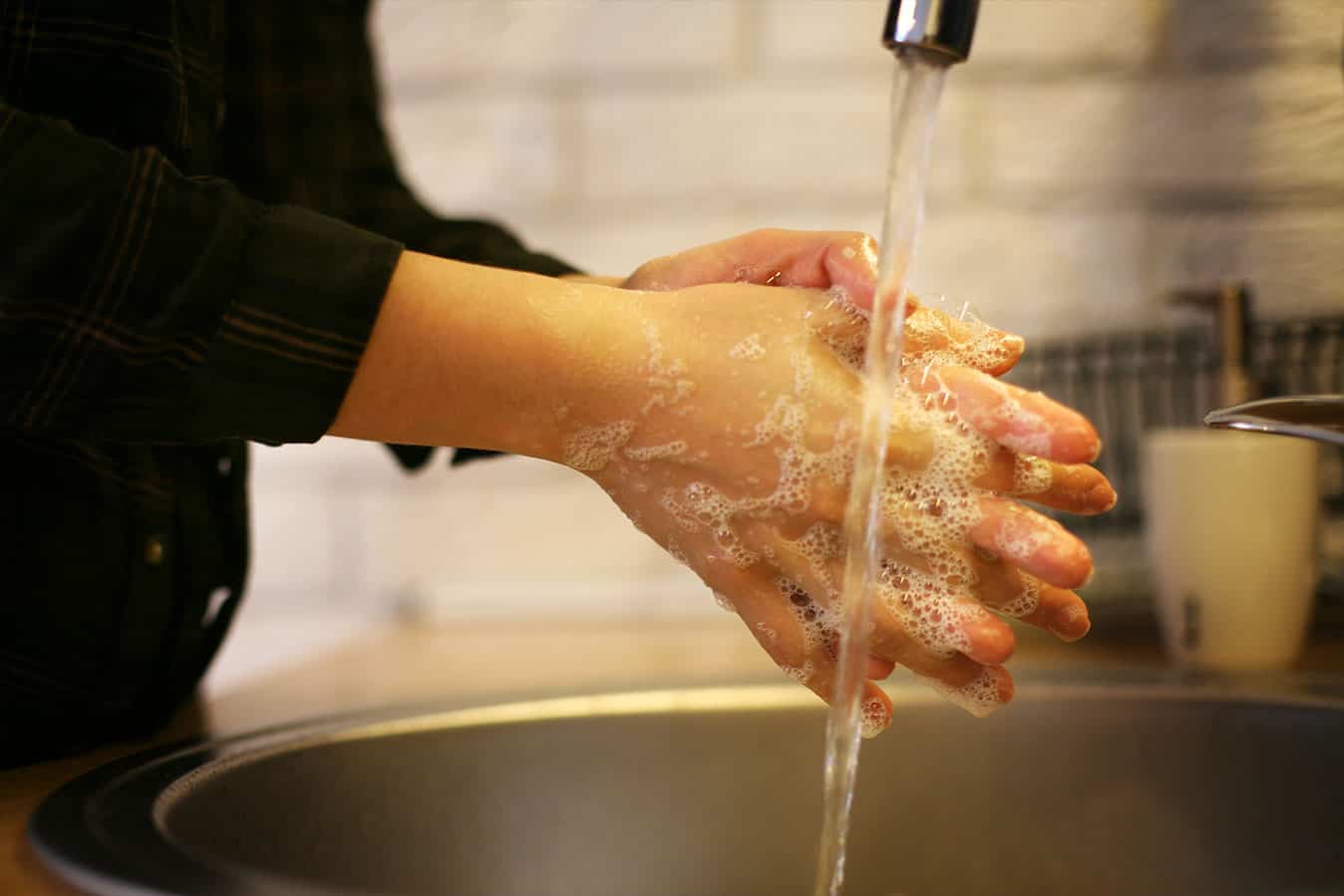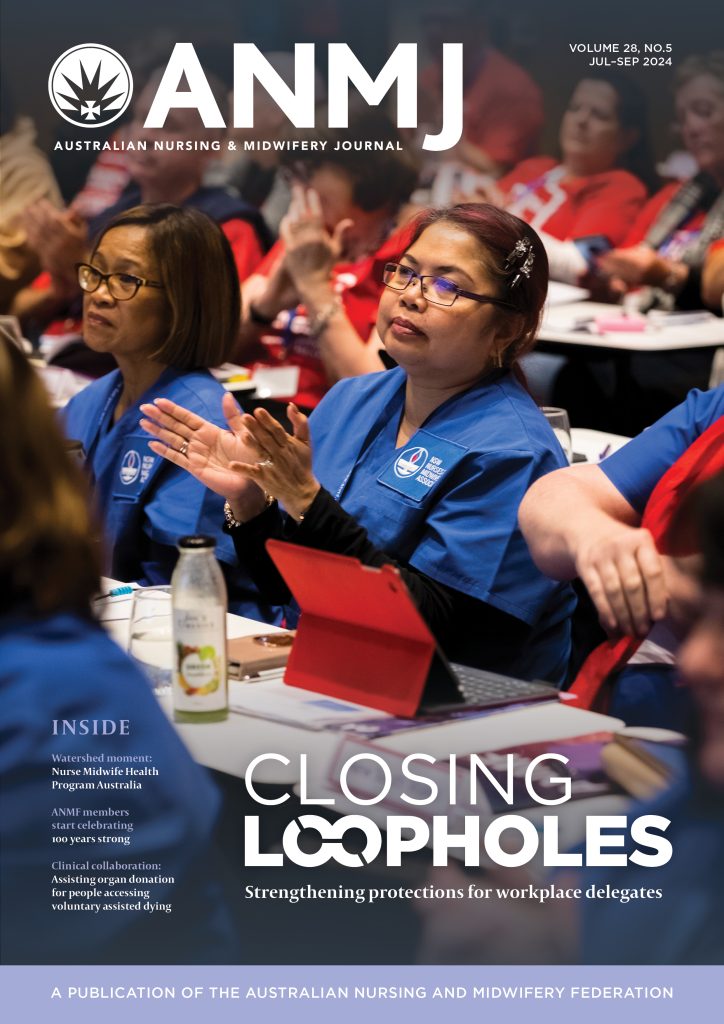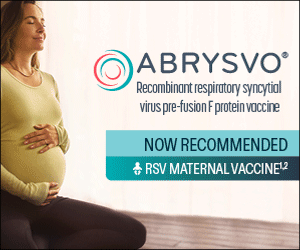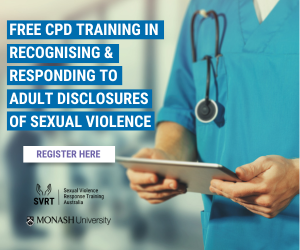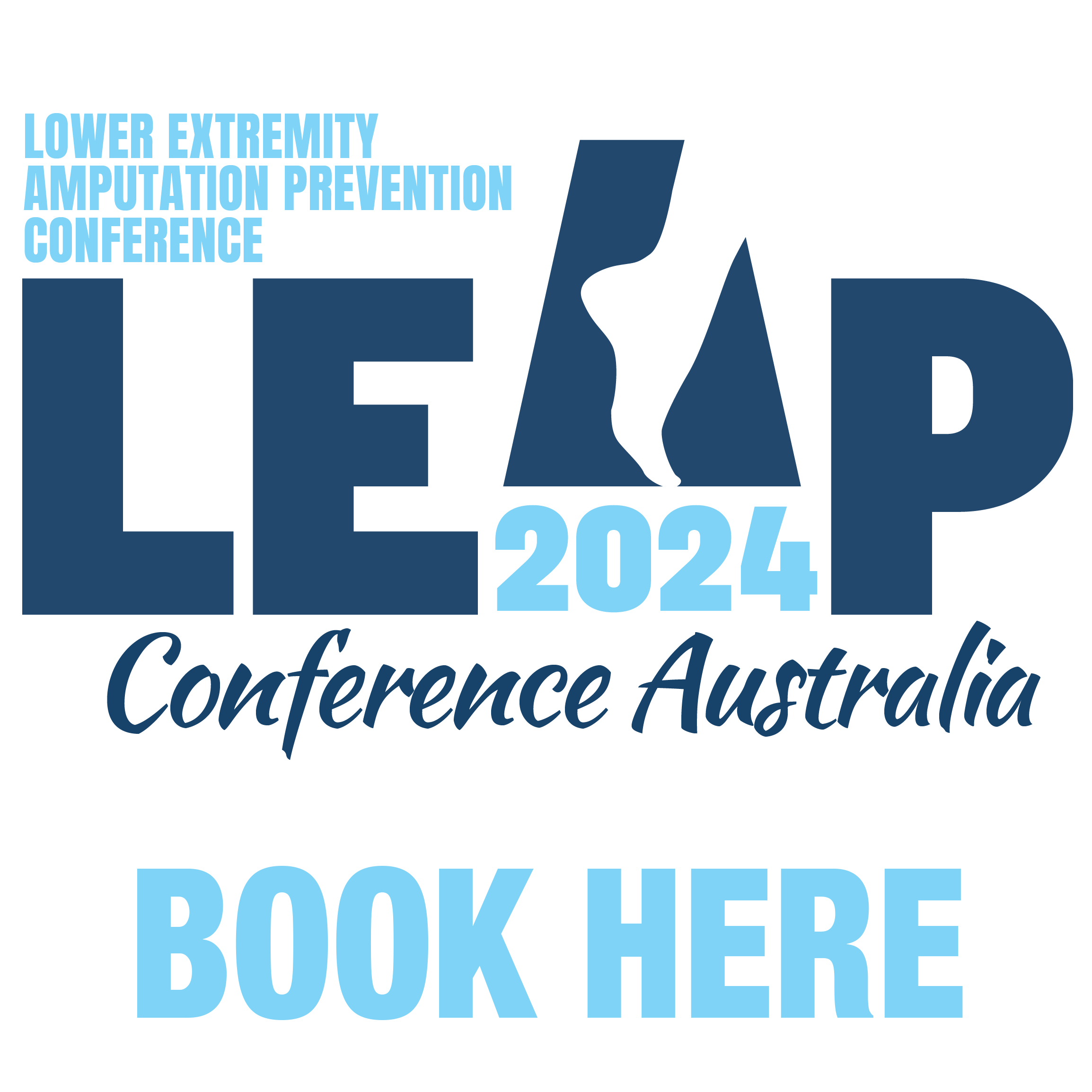Soaps claiming to be ‘antimicrobial’ or ‘antibacterial’ are no better than the ordinary variety when it comes to hand hygiene, in fact, they are feeding a growing superbug problem and should be banned, Monash University researchers argue.
Researchers suggest demand for household soaps with antimicrobial additives has spiked during the COVID-19 pandemic, with consumers fooled into believing they provide superior protection against germs and diseases.
According to Professor Trevor Lithgow, Director of Monash University’s Centre to Impact AMR, ordinary soap and water provides the best hand hygiene solution and, importantly, reduces exposure to chemicals that he claims are fuelling antimicrobial resistance (AMR) and creating superbugs.
Superbugs, such as bacteria immune to antibiotics, are predicted to kill 10 million people a year by 2050, including tens of thousands of Australians.
While overuse of antibiotics is driving superbug infections, Professor Lithgow says antimicrobial soaps and detergents are also contributing to the problem, and should be banned.
Bans already exist in other parts of the world, such as the United States, who in 2016 banned the use of triclosan and 18 other antimicrobial chemicals from its household soap products.
Professor Lithgow has called on Australia to follow suit.
“It’s a very simple public health message when it comes to hand hygiene, ordinary soaps are 100% effective,” he says.
“To suggest otherwise is a marketing ploy used by soaps manufacturers that plays on human fear.”
Professor Lithgow says not only are antimicrobial chemicals added into some soaps unnecessary, they also impact negatively on public health.
“Every time we use antimicrobial compounds that are designed kill bacteria, the bacteria respond by getting tougher and more aggressive, ultimately becoming resistant to conventional therapies like antibiotics.”
As well as soaps, antimicrobial additives are used in household laundry and cleaning products.
Researchers stress they are not encouraging Australians to wash their hands less, but instead want consumers to choose the best soaps and cleaners available for sustainability, which means avoiding antimicrobial chemical additives.
Last year, Monash University began transitioning away from using antimicrobial soaps and cleaning products in its on-campus public spaces. Now, Professor Lithgow wants to take the campaign into the broader community.
He says consumers can make a real difference through their choices at the supermarket and pharmacies.
“This is a low-cost solution to a very big problem,” he says.
“Ultimately, industry will have to change the nature of what they produce and how they market soaps to consumers. We are working to generate public awareness about AMR. Limiting the number of deaths caused by AMR infections requires sustainable solutions: from how we wash our hands, to how we approach our GPs for antibiotics.”
Read more about Professor Lithgow’s views here



